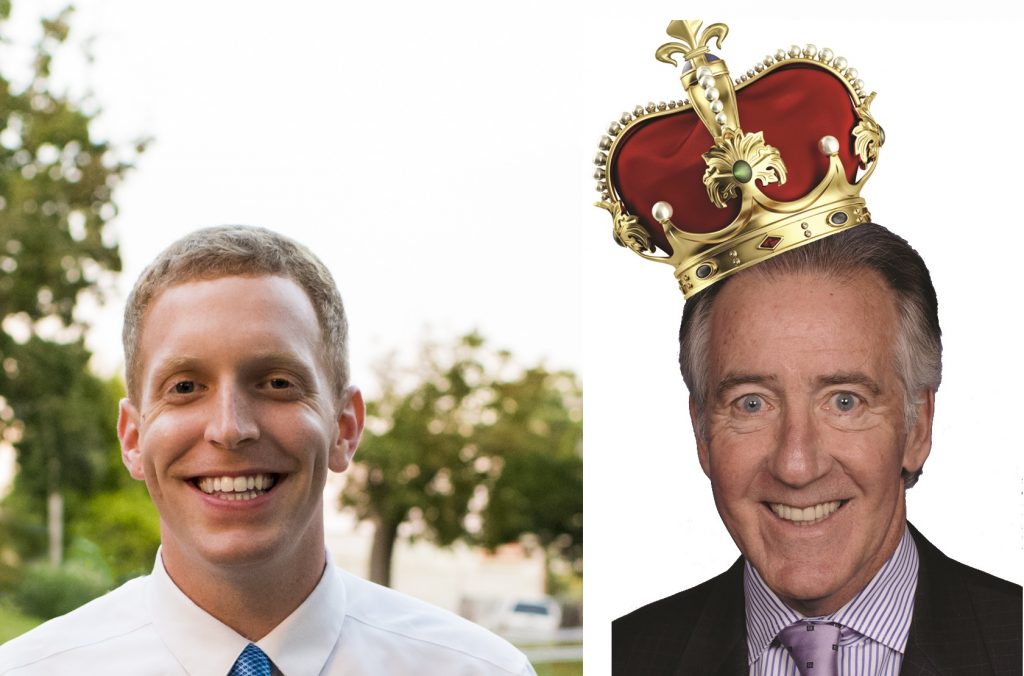HOLYOKE — It’s official: U.S. Rep. Richard Neal, D-Springfield, has a 2020 challenger for his seat in the 1st Congressional District.
After months of speculation about his political plans, Holyoke Mayor Alex Morse officially jumped into the race on Monday. He will take on Neal, who has been in Congress since 1989, when Democratic primary voters head to the polls on September 15, 2020.
“To the extent that we can show people that your member of Congress can be an incredibly powerful tool to improve your quality of life, to improve your community, is something that needs to be reminded to every single person and every single city and town in this district,” Morse said in a campaign video released on Monday.
When Morse was first sworn in as mayor of Holyoke in 2012, he was both the youngest mayor in the city at 22 and its first openly gay mayor. On his campaign website, he touted his efforts leading an “economic rebirth” in Holyoke, his work on the issue of affordable housing, his defense of reproductive rights, community policing initiatives and a needle exchange program he helped implement in the city.
Morse’s opponent, Neal, is one of the most influential members of Congress. He chairs the powerful Ways and Means Committee, which writes tax law. In 2018, Neal defeated progressive challenger Tahirah Amatul-Wadud in the district’s Democratic primary, winning around 70 percent of the vote.
Neal has been a target both of progressive groups and of rural members of his district, who have long complained that he has been absent from their communities.
Neal is also under renewed scrutiny regarding his campaign spending at swanky, high-end Boston locales for donors, as well as his role in what critics have said is a sabotage of the free tax file system, which plays into the desires of Neal donors TurboTax and H&R Block. In his campaign release video, Morse vowed to eschew corporate PAC money, which makes up the vast majority of Neal’s campaign haul.
The sprawling 1st District consists of 87 communities in five counties, including all of Berkshire and nearly all of Hampden counties, as well as several communities in Hampshire, Franklin, and Worcester counties.



